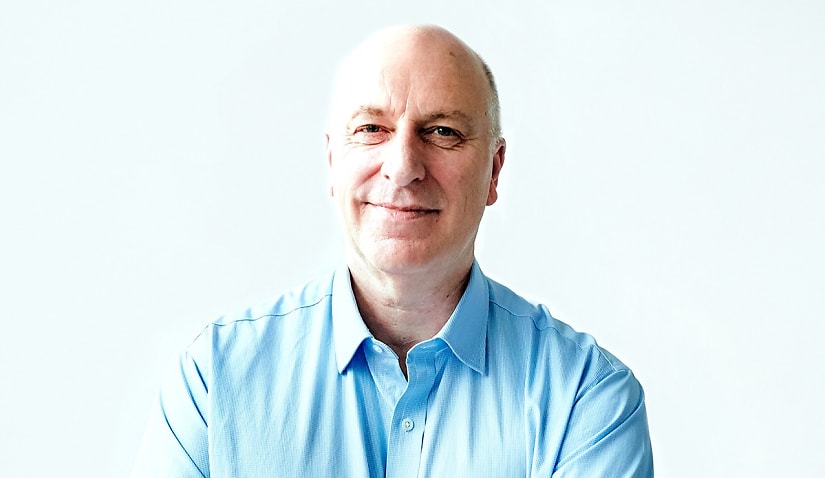The managing principal of FCW Lawyers reveals the challenges and hazards present in the current work environment that significantly impact the focus and productivity of a law firm.

Speaking on a recent episode of The Lawyers Weekly Show, Andrew Douglas, the founder and managing principal of FCW Lawyers, addressed the current hazards present in the legal environment due to law firms adopting a more accommodating and flexible work environment. He provides strategies for legal leaders to effectively navigate these pressing issues that have been unnoticed by most individuals in this space.
Douglas revealed how the immediacy of modern life, combined with the prevalent work pervasive use of social media and open office plans, has significantly diminished lawyers’ ability to concentrate for extended periods.
“The data is now showing unequivocally that the nature of the immediacy of life, the use of social media and open office plans has led to an inability or reduction in people’s capacity to concentrate beyond short periods of time,” he said.
He also highlighted the ability to work remotely and outside the traditional office setting poses a significant challenge due to potential distractions present in one’s home environment.
“Flexibility of work is another factor because there are now other things that are drawing upon a person when they’re at home as well,” he said.
Due to these underlying factors, Douglas observed that the current working environment is effectively shaping a new breed of lawyers skilled at reacting quickly within a limited time frame but are finding it challenging to carry out intricate tasks.
“What we’re actually breeding is a group of lawyers coming through, and we’re becoming a group of people who can respond in five to six minutes but, given a complex piece of work, will really struggle to execute,” he said.
Douglas also pointed out how working from home presents a significant array of obstacles that lawyers need to contend with, whether that be household chores, distractions like pets or family members, or the constant pull of social media.
“I think we’ve now got a whole lot of immediacy threats. Working at home has its own factors that are challenging you, too.
“Whether it’s the dishes you didn’t do, whether it’s the dog running past you, whether it’s your partner coming home, you’ve got a phone, you’ve also got this. This whole thing that happens in social media connection and television, other places, which expects you to respond right now,” he said.
Due to the constant interruptions present in this environment, Douglas explained, how our brain’s ability to achieve a state of flow is disrupted and impacts our ability to perform at our best and optimal levels.
“Our brain, when we do that, we lose what’s called flow. The psychology of flow is that we work best in a place where our brain can relax into doing what we’re meant to be doing and what we’re skilled at doing,” he said.
Douglas highlighted the importance of achieving a flow state: “What that does is it refreshes you, it builds up your self-esteem, improves, proves your intellectual acumen in what you’re achieving, and it’s inclined to be of a higher quality and speed in what you do.”
He further said: “Destroy flow, and you get scattered, broken work of poor quality. So that was a learning over the last six months of understanding what flow looks like when we start to deal with one of our hazards at work. And our hazard at work is distraction.”
To tackle these challenges, Douglas offers legal leaders guidance and tactics based on his own experiences. This includes advocating for the presence of junior staff in the office on a five-day work schedule, emphasising the significant professional development and knowledge acquisition that occurs within the office environment.
“All our junior staff work five days a week, and the reason is the growth that’s required of incremental learning, of osmotic learning is so important in the development of lawyers,” he said.
“When you’re young, you’re failing all the time. You need people around saying, ‘No, no, that’s OK, let’s just go and do this’.”